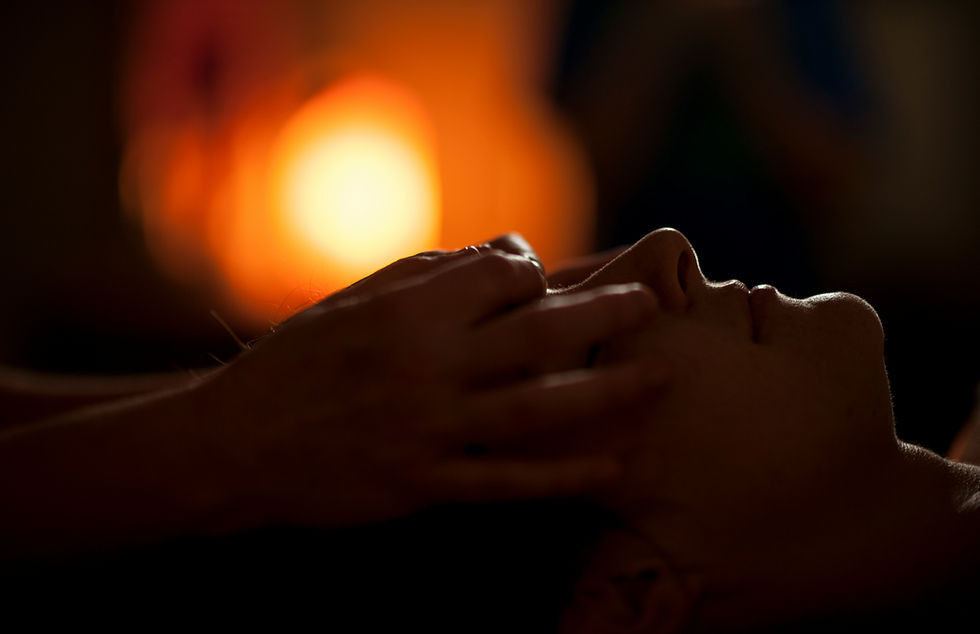Stress. No sleep. Repeat. Time to Make a Change.
- Claire Harrison

- Feb 1, 2023
- 2 min read

We all know what stress looks like, or rather what it feels like. Whether your stress is due to a heavy workload, too many commitments and not enough time, family issues, or health problems, it’s likely that you’re finding it difficult to get a good night’s sleep. This impacts your ability to concentrate for periods of time, which affects both your work and home life. It’s catch 22.
Everyone needs a certain level of stress. It keeps you functioning to the best of your ability but when stress levels hit overload problems start to occur. Understanding what stimuli cause your stress levels to rise and how to recover from that is key to creating balance.
Stress is calculated using heart rate variability, that’s the variations in time between consecutive heartbeats. Low levels of variability mean your energy reserves are low indicating you need to rest and recover. High variability where the variation in the length of your heartbeats is greater indicates you’re well rested and have greater energy reserves for completing tasks effectively. HRV responds not only to poor sleep, duration of work, and unhealthy diet but also to lack of exercise. Monitoring stress levels using HRV is not new, it’s a key part of how smartwatches and fitness trackers work.
Exercise equals less stress
For those of us who don’t have going to the gym programmed into our daily routine, don’t worry. Without doubt, regular exercise helps reduce stress but taking frequent breaks from work, such as getting out of your work environment for a walk around the park can help too. In fact, exercising too much can have a detrimental effect. If you’re not giving your body enough time to recover from your last fitness session it can cause exhaustion and potential burnout.
Whether we like it or not, exercise does play a key role in helping keep stress at bay. So, dust off those trainers and go for a walk, a run, a trip to the gym, whatever suits you and your lifestyle. It’s a small change that could make a big difference.
Include massage into your routine
Another small change is to incorporate massage into your monthly or weekly routine. The National Institutes of Health has advised that massage therapy can reduce fatigue and improve sleep and, based on research gathered by the American Massage Therapy Association, has been shown to improve sleep in infants, children, adults, and the elderly alike, as well as individuals with psychiatric disorders, fibromyalgia, cancer, heart disease, lower back pain, cerebral palsy, and breast disease.
The chemistry of sleep is relevant in relation to massage because it directly influences the body’s production of serotonin, which is essential for the production of melatonin. Melatonin often referred to as the sleep hormone, is a central part of the body’s sleep-wake cycle. Its production increases with evening darkness, promoting healthy sleep and helping to orient the body’s circadian rhythm.
If you're suffering from stress and, or, having trouble sleeping why not get in touch?






Comments